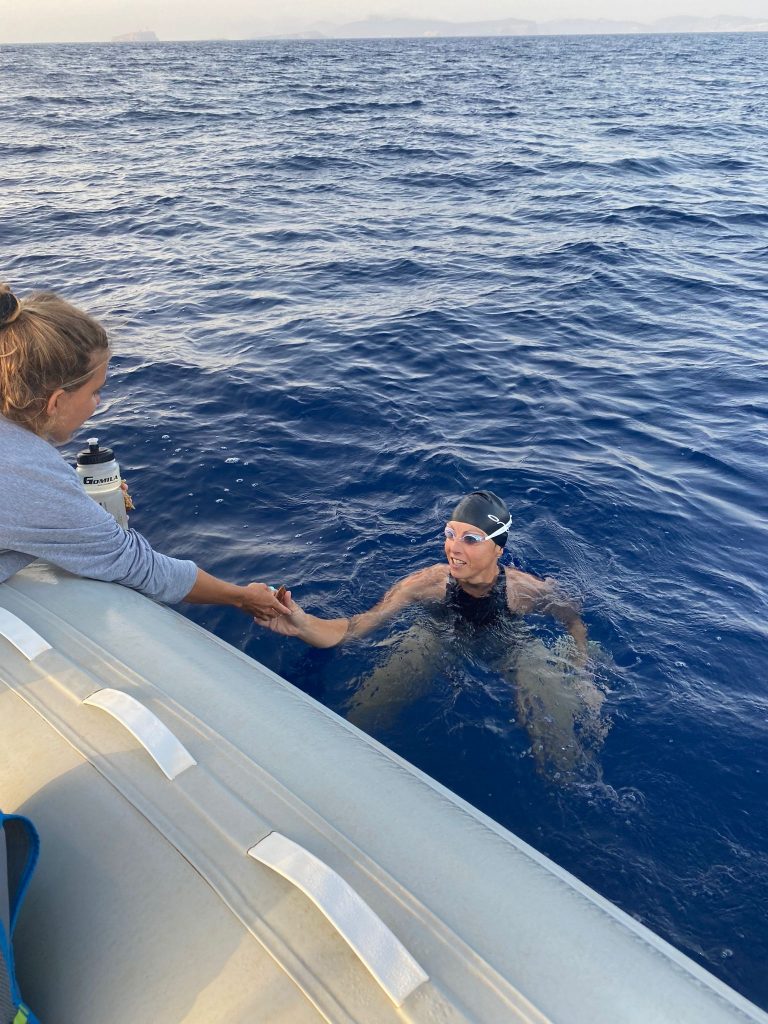Have you ever wondered if you need some help reaching your athletic potential, but don’t know who to ask or where to start looking for that advice?
Caroline Livesey and Mark Livesey, Xhale Coaching
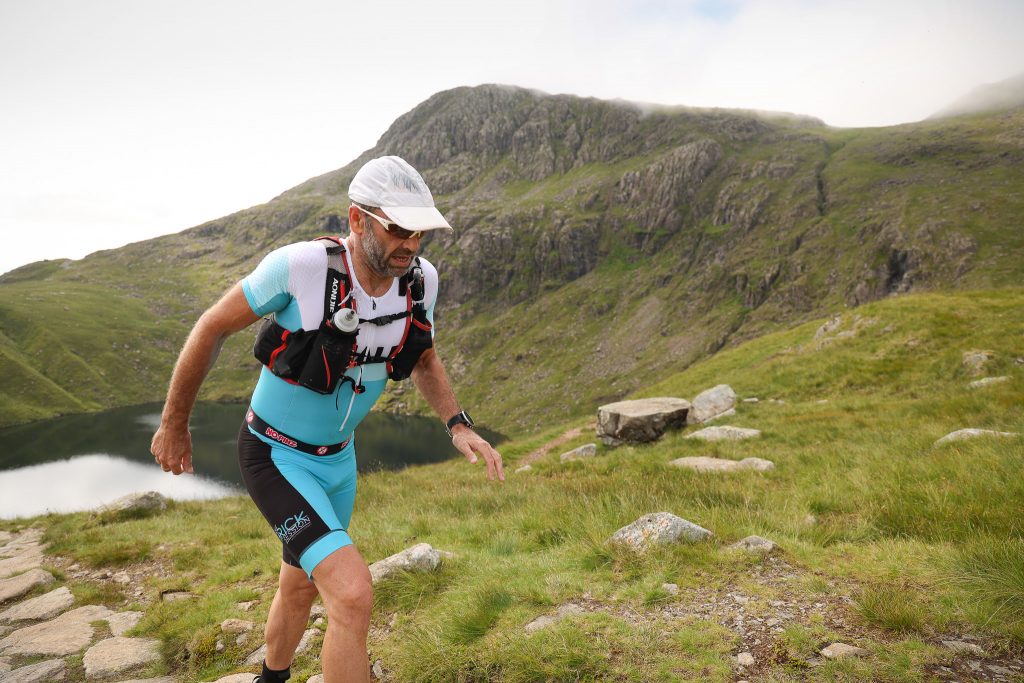
Perhaps it feels like having a coach is a status reserved only for the top athletes, or those who are more accomplished. Maybe you had a coach in the past but didn’t have the best experience.
A coach/athlete relationship is very unique, but in this article we want to suggest a few situations where a coach could help you, and perhaps even be a catalyst for big positive changes in your life.
Credit: The ROC England, 2022
Too many conflicting opinions on social media
While the availability of information online can be a great thing, it can also create a lot of confusion especially around subjects like training. Ultimately, training for any sport is very individual and there is no “one size fits all”. Therefore, what works for one person, or demographic, or level of fitness cannot be applied generically across other athletes. Reading advice online from different coaches and athletes will often give you differing opinions and conflicting advice.
Perhaps you read “only do intervals” or “only train in zone 2”. Maybe “only do drills in the pool”, or sometimes “never do drills in the pool”. Some believe that “strength work is the foundation of everything” while others may advise “never do strength work”. It is a minefield to the uninitiated and makes training for a goal sound way more complicated than it really is.

A coach will help you to create a training plan specific to your sport, goals and physiology. But perhaps more importantly, they can guide you to create space in your life for effective training that helps you improve. A good coach will apply a completely individual approach for each athlete, allowing you to improve at your own pace with the most efficient method. With a coach, you can switch off to all the unhelpful noise and confusion online, and trust that they know what they are doing.
Progress plateau
Sometimes even athletes who have been training for years and know what they are doing hit a progress or performance plateau. This can happen at any stage in your journey, and it can be frustrating to be training but not seeing any progress. There are a number of reasons that this can happen, but most of the time it is difficult to make the changes needed without some outside help. In this situation having a coach to take an objective view is very helpful, but you should also look for someone with different skills, knowledge and background to you. For example, maybe you have come from a running background into triathlon, and can’t seem to get the training right for your cycling to improve – hire a cycling specialist. Or maybe you are a road runner starting to delve into fell or trail running but you keep getting injured – get someone on board who can help you develop the strength for the different load on your body.
Whatever your trajectory, if you can’t work out why you are not improving despite training hard then perhaps you need some outside assistance to make that next leap forwards.
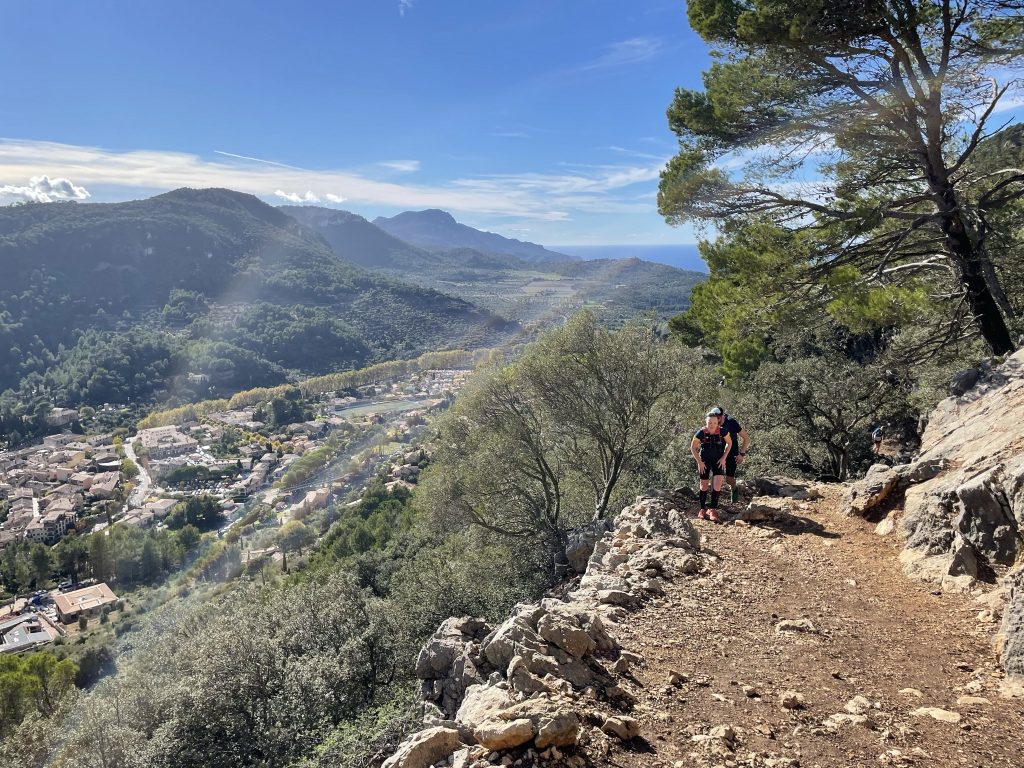
Always injured or ill
This is perhaps the most important reason to hire a coach. If this is you, then the evidence is that you are not getting the balance right with your training plan. Sometimes this is because of a lack of knowledge in a certain area, but often it can be because you need a coach to hold you back from overtraining. For many people, planning training to fit into a busy life of work, family and friends is a never ending source of stress. Perhaps you try to do too much, keep everyone happy, and burn the candle at both ends. If you are not eating well or enough, and lacking in sleep as well then these stresses on the body will eventually catch up with you. When this happens it difficult to break the cycle without an outside influence to tell you pause and take stock, and then help create that balance in your life.
For many people, planning training to fit into a busy life of work, family and friends is a never ending source of stress.
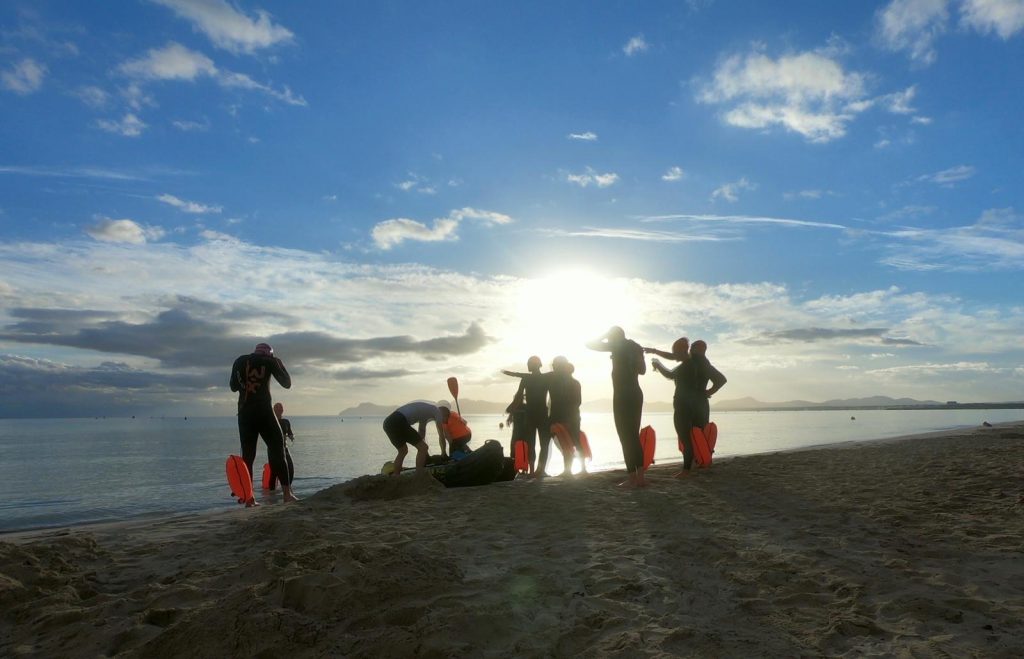
Training for a new goal
If you have recently decided on a new athletic goal, then this can be a great time to employ a coach. If this goal is something new to you or a big stretch goal (eg.. a new sport, a longer distance, a race at altitude or with more elevation than you are used to) then it may feel overwhelming to even start to train for it. If you are introducing a new sport to your regime, like taking up swimming or cycling, then it can be incredibly helpful to have someone supporting you who has a depth of knowledge about the sport that they have gained over years of coaching and experience. A good coach can help you shortcut gains, and avoid pitfalls that many have fallen into before you. If you have decided on a big goal, like an XTRI or a marathon, then having the advice of someone who has done that event or similar can be hugely beneficial. Tapping into years of knowledge can really make the difference not just to your training and confidence going into the event – but to your experience of the race itself.
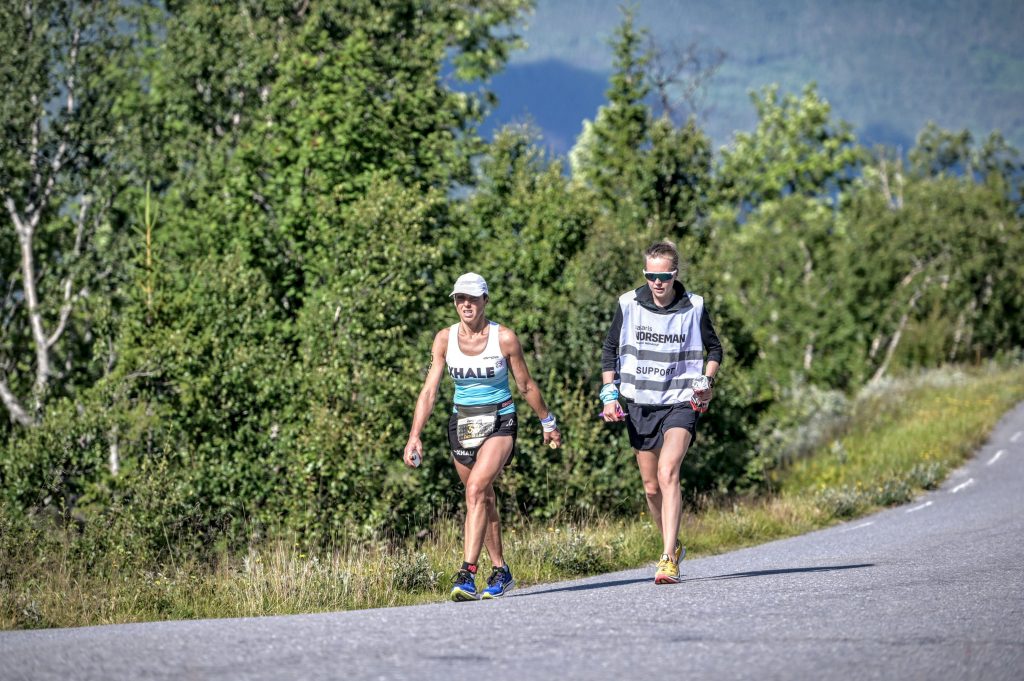
A trusted team
One of the best things about having a coach is that you have someone you trust to ask questions of. A good coach will also have a network of people around them – sports therapists, nutritionists, biomechanics experts etc– who they turn to when an athlete needs advice that is out of their area of expertise. With this trusted team of people, you can have the best support for your progress. This also means you can sift out online advice, advice of well-meaning friends or training partners, and other distractions so that you can be invested in your own progress and not full of self-doubt. A coaches’ goal should always be to educate their athletes, and to share knowledge and bring them on not just physically but in their understanding of the processes they are going through. As you learn from your coach you become a better athlete and you can use that knowledge in the future.
Life coaching
Believe it or not, many coaches who coach in sport consider themselves life coaches as well. I know we certainly do. A good coach doesn’t just want to help you to improve your health and fitness, or performance. They also want to help you to grow as an individual, be it through the experiences of the sports you are doing, or through gaining the confidence to make changes in other parts of your life. If you hunt around and find a coach you really gel with and trust, they can become a hugely important and positive influence in your life.
If you hunt around and find a coach you really gel with and trust, they can become a hugely important and positive influence in your life.
If you are thinking about taking on a coach then you can get in touch with us, and we can likely help you to find the right person for you. We are both experienced coaches with our own stable of athletes of all levels – but we also know many other coaches if we think you need someone different. You could also start by looking through the Xhale Coaches’ Directory. Xhale has many coaches from all backgrounds, with areas of expertise as diverse as fell running and nutrition. You can get in touch with one directly through the platform and most will give you a free consultation so you can ask questions and find out more about their methods. To access the directory you just need to sign up for a free Xhale account and then click the link directly from your diary.
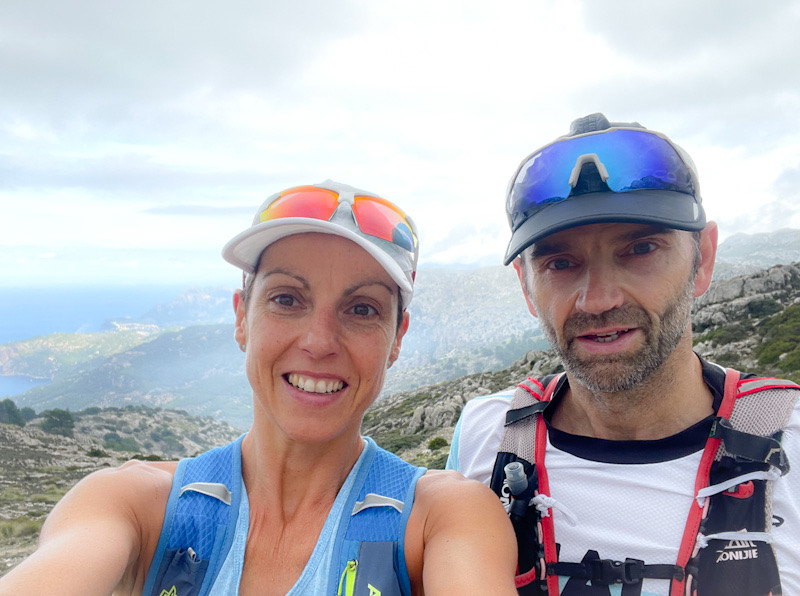
About the authors
Mark and Caroline Livesey have both been coaching for over 15 years, and enjoy having a small team of athletes who they spend way too much time talking to. They live in Mallorca and regularly host athletes in their home, taking time to conduct swim analysis, coach open water and race specific skills, and guiding their athletes around the beautiful island. When they are not coaching they are likely to be found in far flung corners of the world taking part in crazy ultra endurance events and adventures of their own. Mark is also a skilled documentary maker and you can watch their films on Amazon and YouTube.
Want your content featured?
If you would like to input to our Coaches’ Hub – or there is a topic you would like us to write about – why not send us your ideas? We are always looking for good content and it helps to promote your business.
Email: caroline@trainxhale.com

